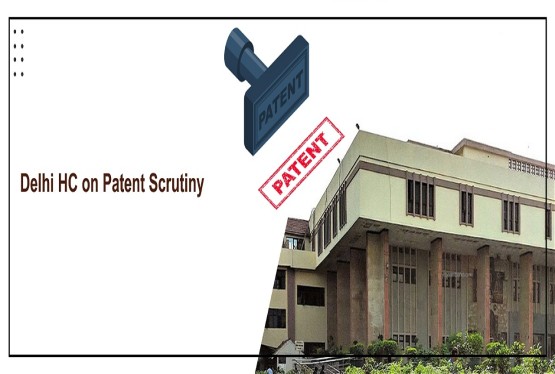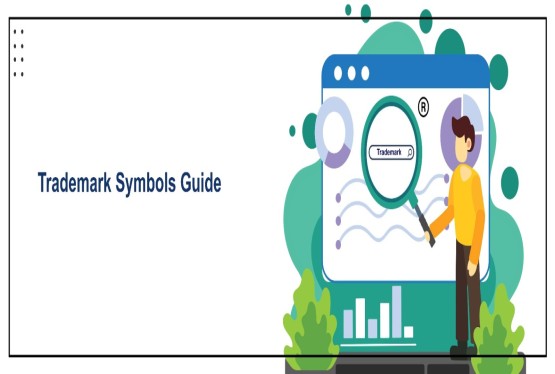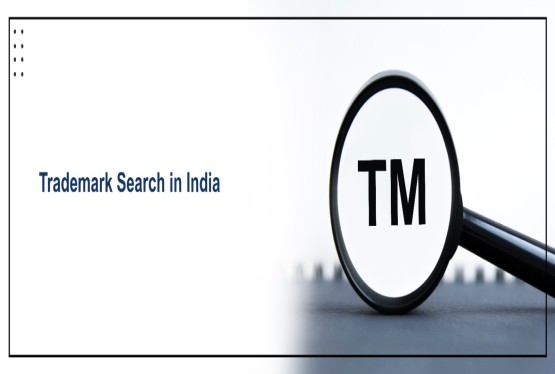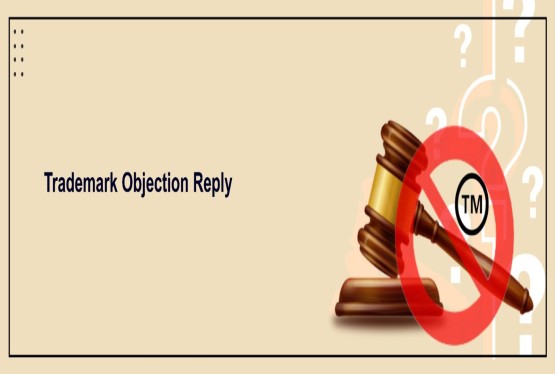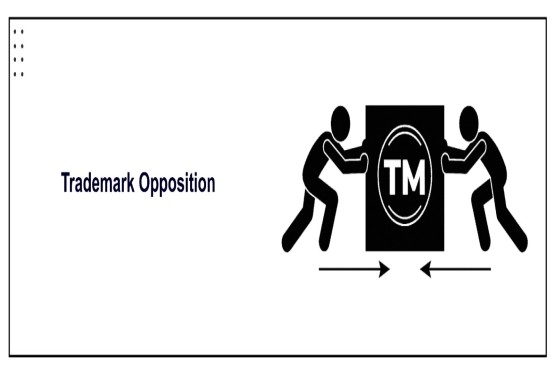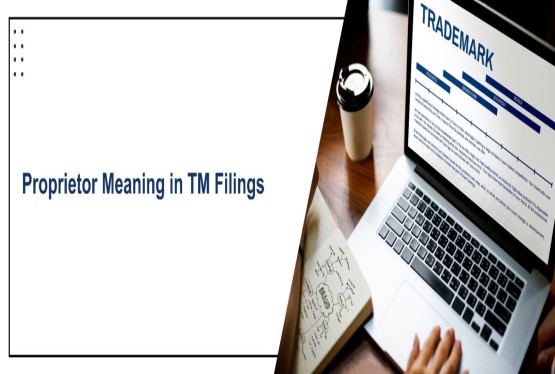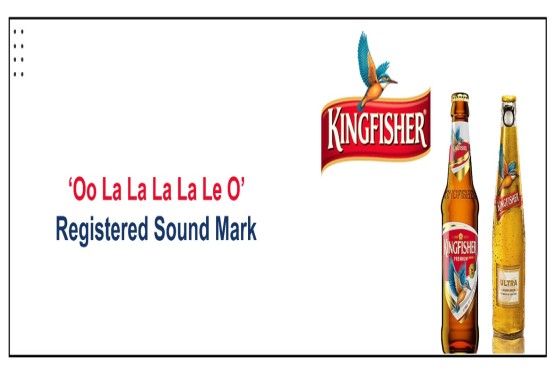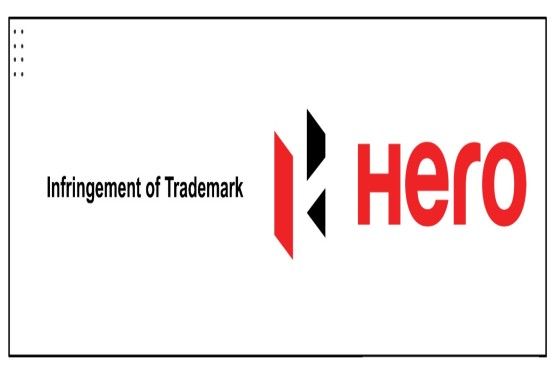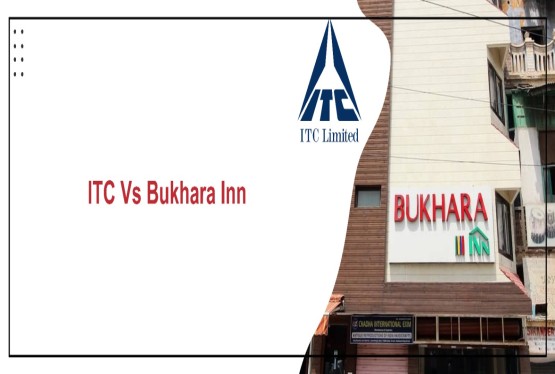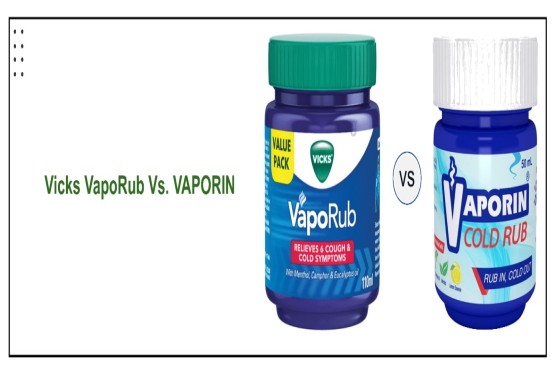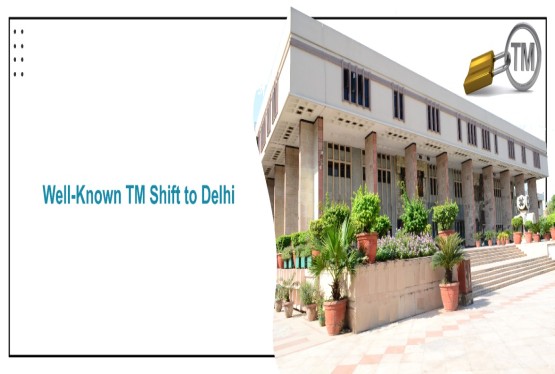In a recent decision, the Delhi High Court closed a long-standing trademark dispute between Nestlé S.A., owner of the iconic “MAGGI” brand, and a utensil manufacturer using the name “MAGGISUN.” The case which began in 2018 revolved around the alleged infringement and dilution of the MAGGI mark, a household name for instant noodles, sauces, and other food products. Even though the defendant’s business was in utensils and appliances, the Court recognized that the similarity between MAGGI and MAGGISUN could cause confusion and damage to the brand’s goodwill.
Background of the Suit
-
In 2018, Societe Des Produits Nestlé S.A. (Nestlé), the owner of the well-known “MAGGI” trademark, filed a trademark infringement suit against Shankeshwar Utensils & Appliances Pvt. Ltd. (or Shree Shankeshwar Utensils) over its use of the mark “MAGGISUN” for utensils
-
Nestlé’s contention was that “MAGGISUN” was confusingly similar in appearance, sound, and overall impression to “MAGGI”, and that the defendant’s use would lead to consumer confusion, dilution of Nestlé’s mark, and unfair advantage.
-
Even though MAGGI is primarily associated with food products (instant noodles, sauces, etc.) and Maggisun was in the utensil space, Nestlé asserted that as a well-known mark, MAGGI enjoys broader protection across classes, including against uses in unrelated fields.
Settlement & Court’s Final Order
-
After prolonged legal proceedings, the parties entered into a settlement. The Delhi High Court, presided by Justice Tejas Karia, decreed the suit in terms of that settlement on 22nd September 2025.
-
The Court’s final order reads: “The Suit is decreed in terms of the Settlement arrived at between the Parties as recorded above. Let the Decree Sheet be drawn up accordingly. The Parties are directed to be bound by the terms of the Settlement.”
-
The suit and all pending applications were disposed of.
Key Terms of the Settlement / Undertaking by Defendant
Under the terms recorded before the Court, Shankeshwar Utensils undertook to:
-
Cease manufacturing, selling, marketing, advertising goods (like pressure cookers or other items) under the name MAGGISUN, or any other mark identical / similar to MAGGI.
-
Not advertise “MAGGISUN” or “MAGGI” or any similar mark in any medium (print, electronic, social media, e-commerce platforms) now or in future.
-
Destroy all existing stock, packaging, labels, goods bearing MAGGISUN (or similar marks) and furnish photographic evidence of such destruction to Nestlé within two weeks.
-
Cancel its trademark registration for “MAGGISUN.”
-
Acknowledge Nestlé’s ownership of the MAGGI mark and the validity of its registrations.
In response, Nestlé agreed not to press its remaining claims in the suit (beyond what's captured in the settlement) so long as the decree is drawn in line with the settlement terms.
Legal Implications
Protection of Well-Known Marks & Cross-Class Protection
A core legal principle underscored by this case is that well-known trademarks often receive expanded protection beyond their immediate goods or services class. Even though MAGGI is not a utensil brand, Nestlé’s mark was deemed worthy of protection against “similar” uses in unrelated categories to prevent dilution and misleading association.
Courts have, in past jurisprudence, held that famous marks enjoy broad preventive scope to maintain their distinctiveness and goodwill. The Maggi–Maggisun resolution reinforces that doctrine.
Importance of Settlement as a Practical Tool
This judgment demonstrates that settlement is a legitimate, practical way to resolve costly legal warfare. Rather than exhausting resources in protracted litigation, parties can agree terms that enforce the core rights while avoiding further legal expense or reputational risk.
The Role of Undertakings & Decrees
Because the final order is a decree in terms of settlement, the commitments by the defendant carry binding force. That means if Shankeshwar Utensils violates any term (e.g. resumes use of “MAGGISUN”), Nestlé can seek execution or contempt remedies under the decree.
Due Diligence & Trademark Clearance
One of the lessons for businesses is the critical importance of brand name clearance and trademark search before launching a product. Even innocuous sounding names that resemble popular brands can invite litigation.
Brand Value is Protected Legally
This case is a real world illustration that brand names are intangible assets with legal value and protecting them requires continuous vigilance. MAGGI was not just defended via marketing campaigns, but via active legal enforcement.
Relevant Legal Provisions under the Trade Marks Act, 1999
Here are the key sections that applied to the Maggi vs Maggisun dispute:
Section 28 – Rights Conferred by Registration
This section gives the registered proprietor the exclusive right to use the trademark in relation to the goods or services for which it is registered.
Any unauthorized use by another person constitutes infringement.
“Subject to the other provisions of this Act, the registration of a trademark shall, if valid, give to the registered proprietor of the trademark the exclusive right to the use of the trademark...”
Section 29 – Infringement of Registered Trademarks
This is the central provision under which Nestlé filed its claim.
It states that a trademark is infringed if:
-
A person uses a mark that is identical or deceptively similar to a registered trademark, and
-
The use is likely to cause confusion or association in the minds of the public.
Even if the goods are unrelated, Section 29(4) provides protection for well-known marks:
“A registered trademark is infringed by a person who uses in the course of trade a mark which is identical or similar to the registered trademark and the registered trademark has a reputation in India, and the use of the mark without due cause takes unfair advantage of or is detrimental to the distinctive character or repute of the registered trademark.”
This clause was crucial in the Maggi vs Maggisun case because MAGGI is recognized as a well-known mark in India and globally.
Section 2(1)(zg) – Definition of Well-Known Trademark
Defines a well-known trademark as one that has become known to the substantial segment of the public, so that the use of a similar mark is likely to cause association or indicate a connection with the registered proprietor.
Nestlé relied on this definition to assert that MAGGI qualifies as a well-known trademark deserving of broader protection.
Section 135 – Remedies for Infringement
Empowers the court to grant reliefs in cases of trademark infringement, such as:
-
Permanent injunction
-
Destruction of infringing goods
-
Damages or account of profits
-
Delivery up of infringing materials
In this case, the Court directed destruction of infringing stock and cessation of the mark under Section 135.
Section 124 – Stay of Proceedings & Settlement
Allows courts to recognize settlements or consent decrees in infringement matters.
The Delhi High Court used this provision to record the mutual settlement and close the proceedings.
Final Analysis
The Maggi vs Maggisun judgment (via settlement) is a cautionary tale and instructive precedent:
-
Caution Don’t assume that being in a different industry gives you immunity from trademark claims.
-
Proactive Protection Register your brand early, monitor possible infringers, and enforce rights as needed.
-
Pragmatic Resolution Legal battles drain time and money; a well-structured settlement may deliver more value and certainty.
Frequently Asked Questions (FAQs)
Q1. What was the Maggi vs Maggisun case about?
Ans. The Maggi vs Maggisun case was a trademark infringement dispute between Nestlé S.A., owner of the famous MAGGI brand, and Shree Shankeshwar Utensils & Appliances Pvt. Ltd., which sold utensils under the name MAGGISUN. Nestlé claimed that MAGGISUN was deceptively similar to MAGGI, potentially misleading consumers and diluting its brand reputation.
Q2. Which court handled the Maggi vs Maggisun case?
Ans. The case was heard and decided by the Delhi High Court, presided over by Justice Tejas Karia, which delivered its final judgment on 22 September 2025. The Court decreed the matter based on the mutual settlement reached between the parties.
Q3. What was Nestlé’s main argument against Maggisun?
Ans. Nestlé argued that MAGGI is a well-known trademark under Section 2(1)(zg) of the Trade Marks Act, 1999, and that MAGGISUN was visually and phonetically similar to its mark. Even though Maggisun sold kitchen utensils, Nestlé contended that the use of the name could confuse consumers and unfairly benefit from the goodwill of MAGGI.
Q4. What did the Delhi High Court decide in the Maggi vs Maggisun case?
Ans. The Delhi High Court decreed the suit in terms of settlement, which required the utensil maker to:
-
Stop using the name MAGGISUN or any similar mark.
-
Destroy all packaging and stock bearing the mark.
-
Cancel its trademark registration for MAGGISUN.
-
Acknowledge Nestlé’s ownership of the MAGGI mark.
All pending applications were disposed of, and the matter was formally closed.
Q5. Which sections of the Trade Marks Act, 1999 were relevant in this case?
Ans. The following sections were particularly relevant:
-
Section 28: Exclusive rights conferred by registration.
-
Section 29: Trademark infringement, including cross-class protection for well-known marks.
-
Section 2(1)(zg): Definition of a “well-known trademark.”
-
Section 135: Remedies for infringement, such as injunctions and destruction of goods.
-
Section 124: Recognition of settlements and consent decrees.
Q6. Why is this case important for Indian entrepreneurs?
Ans. This case serves as a warning for startups and small businesses to conduct a trademark search before finalizing a brand name. Even if your business operates in a different category, using a name similar to a famous brand can lead to costly legal action. The decision highlights the need for unique, legally protectable names and proactive IP compliance.
Q7. What is a “well-known trademark,” and why did it matter here?
Ans. A well-known trademark, as defined under Section 2(1)(zg), is a mark recognized by a large segment of the public, where use of a similar mark may suggest a connection with the original brand. Since MAGGI is a household name in India, it receives broader protection even against use in unrelated sectors like utensils.
Q8. What lessons can businesses learn from the Maggi vs Maggisun judgment?
Ans. The judgment underscores that:
-
Brand name selection must be legally vetted.
-
Settlements can save years of litigation.
-
Trademarks are legal assets, not just marketing tools.
-
Cross-industry protection applies to well-known marks.
-
A unique, registered trademark safeguards your identity and business reputation.






























_(b)_of_the_Trademark_Act,_1999_(1)_crop10_thumb.jpg)



_crop10_thumb.jpg)




























_crop10_thumb.jpg)
_crop10_thumb.jpg)






_crop10_thumb.jpg)








_crop10_thumb.jpg)



_crop10_thumb.jpg)





























_crop10_thumb.jpg)

















_crop10_thumb.jpg)






_crop10_thumb.jpg)












































































































































_crop10_thumb.jpg)




































_crop10_thumb.jpg)












_crop10_thumb.jpg)















































_crop10_thumb.jpg)


































































































